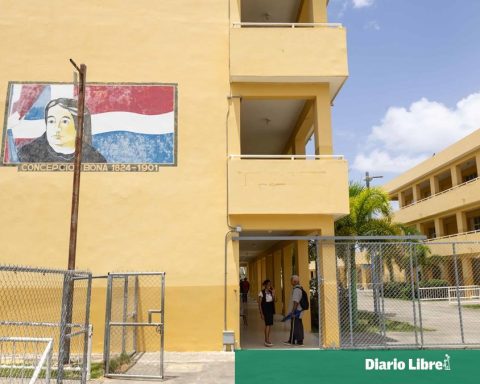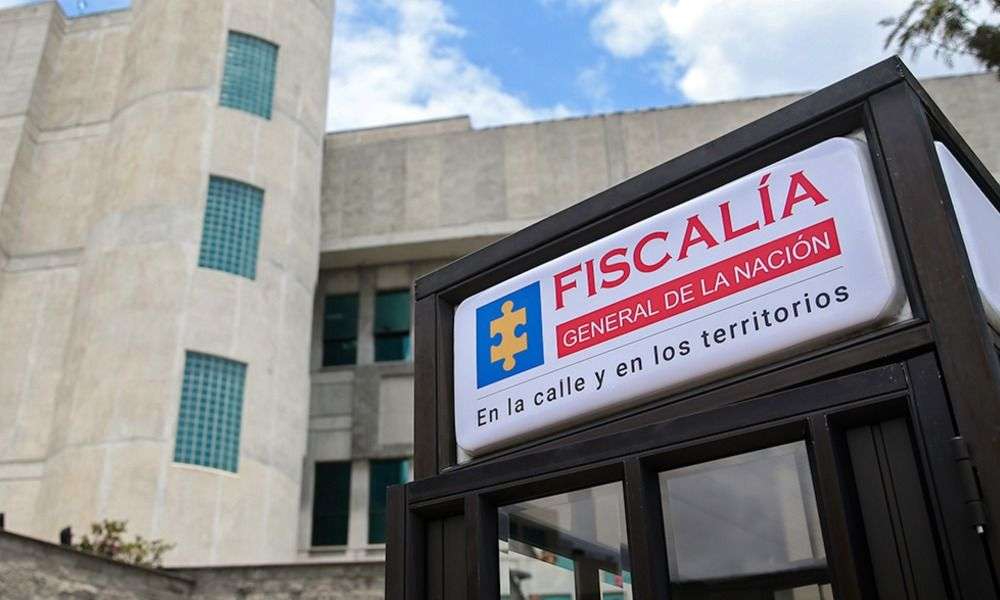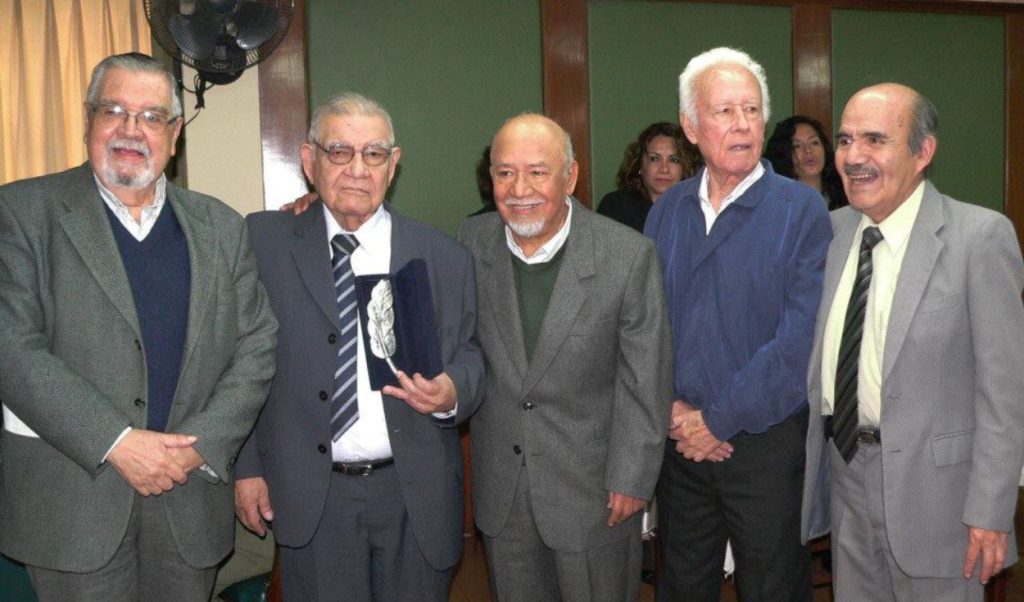The sector of tourism in Dominican Republic faces a set of challenges that weaken its ability to maintain its competitive position compared to other destinations, one of them is growth accelerated of the number of tourist apartments, bringing with it the depositioning of the hotel sector.
This is what the Association of Hotels and Tourism of the Dominican Republic (Asonahores), which states that the country is the destination with the greatest growth in the sector real estatewith a Compound Annual Growth Rate (CAGR) of more than 23% during the period 2019-2023. The organization advocates for a law that regulates the construction of apartments for tourist purposes.
According Simon Suarezpast president of Asonahoresmany investors Foreigners have chosen to allocate their resources to the construction of apartments in tourist areas because they have the same incentives as building a hotel in the country, without all the regulations environmental and municipal regulations, certifications and regulations that this entails, “becoming unfair competition.”
![Asonahores talks about real estate tourism [object HTMLTextAreaElement]](https://resources.diariolibre.com/images/2024/09/25/whatsapp-image-2024-09-25-at-9.51.39-pm--1_1.jpeg)
In addition, he said, they avoid the costs involved in maintaining a hotel infrastructure. “It is not the same to develop a 500 million dollar hotel where you have to look for that investment and amortize it, than to do an apartment project that is simply going to be sold and you recover your investment immediately,” he indicated.
He added that the labor liability in a hotel complex is much greater. “A hotel with 500 rooms is not the same, which generates 800 direct jobs and thousands of indirect ones, while in a building with 200 apartments, you only have to have a staff of 20 people,” he compared.
The also vice president of Institutional Relations and Projects Puntacana Group He highlighted that behind the construction of a hotel, there is an entire productive chain that benefits, such as farmers, service providers, among others.
“Not to mention that the real estate of all the infrastructure hotel chain must be changed every seven years, because a tourist does not want to come to the country and see the same thing,” added the president of AsonahoresDavid Llibre.
According to Asonahores, the hotel industry in the Dominican Republic is not growing despite the increase in tourists (+6% annually) and high occupancy (c.75%), losing competitiveness compared to alternative offers in the market, while Quintana Roo, in Mexico, it continues to grow (+5% annually).
New challenges
Meanwhile, the vice president of Asonahores, Aguie Lendor considered that the tourism sector in the Dominican Republic face new challenges with the arrival of events international events, such as a FIFA World Cup and tennis tournaments, opening up opportunities to diversify the industry into ecotourism and high luxury.
However, he points out that the foreign investment It has focused more on the real estate part.
“We must work to be able to satisfy the room demand (hotel companies) that would be necessary if this type of events“, considered.

Airbnb
Additionally, it addressed the problem of apartments rented through platforms such as Airbnb. “While the hotels are subject to strict regulationssuch as security systems, cameras and identity control, real estate projects do not comply with the same regulations.
The executive said that the concern goes beyond the economic, since the tourism formal generates jobs and a productive chain that tourism real estate does not offer.
The lack of control and regulation in the tourism real estate is seen as a social and economic threat, since it can affect security and jobs in the sector.
Lendor indicated that many foreigners have chosen to invest to promote this new mechanism but, at the same time, it generates a feeling of insecurity, with owners worried about the entry and exit of unknown people in their buildings, something that has already generated problems in cities such as Barcelona, Spain.
Include taxes
Aguie Lendor considers that the inclusion of taxes to platforms like Airbnb represents an important income opportunity for the governmentwhich could be included within the current tax reform process.
According to Lendor, it is pertinent that this aspect be part of the reform, since the government I could take advantage of this business model to generate additional income.
It highlights that the tourism real estate Not only does it impact the tourism sector, but it also affects property rights, since short-term rental of properties for commercial purposes is a different activity from residential.
Therefore, since it is a commercial activity, both the platforms as the owners they should pay taxes for the income they generate.
Lendor suggests that, in addition to the resolutions of the Ministry of Tourismit would be necessary legislate about him tourism real estate to adequately regulate their impact on the economy and ensure that these activities comply with the corresponding tax obligations.
















